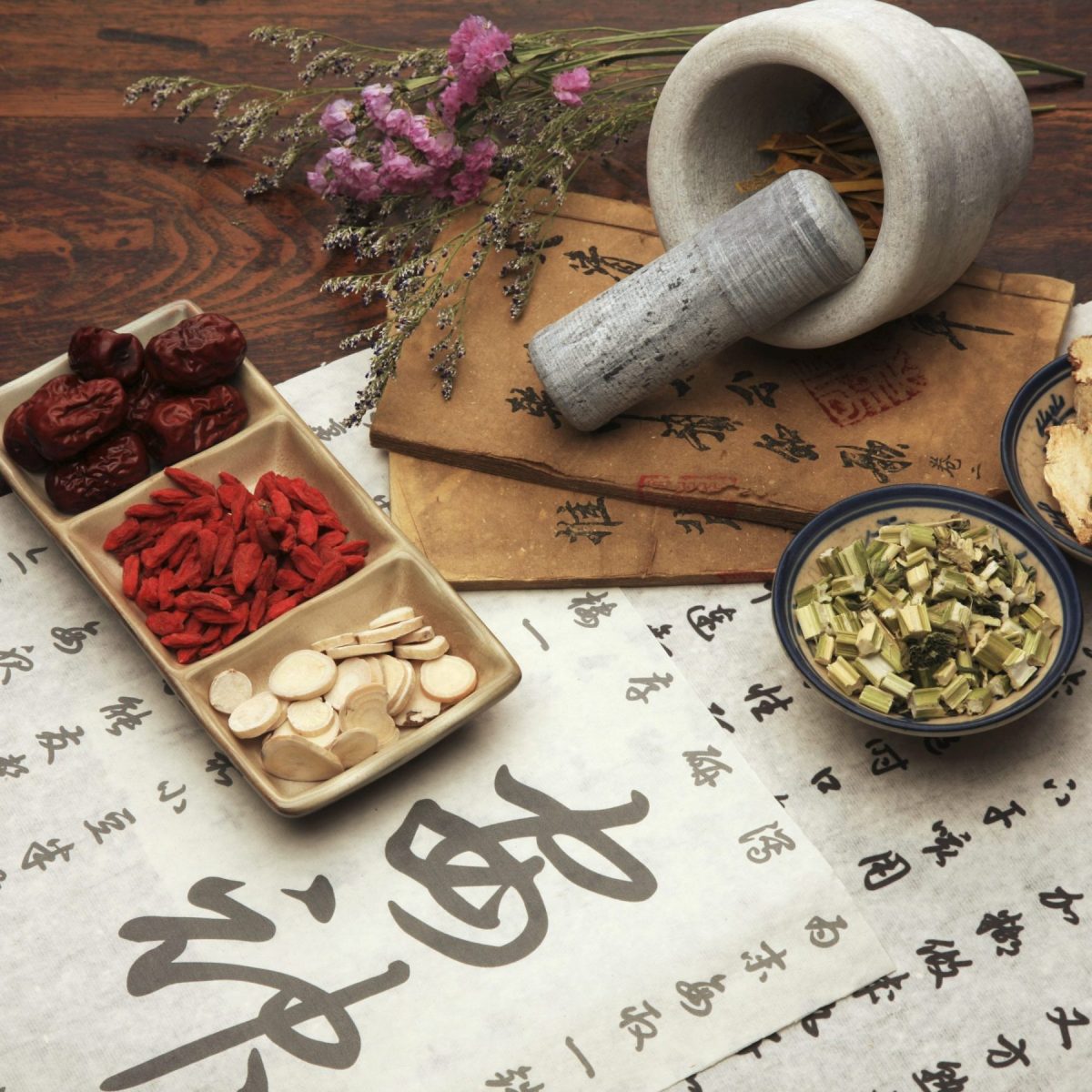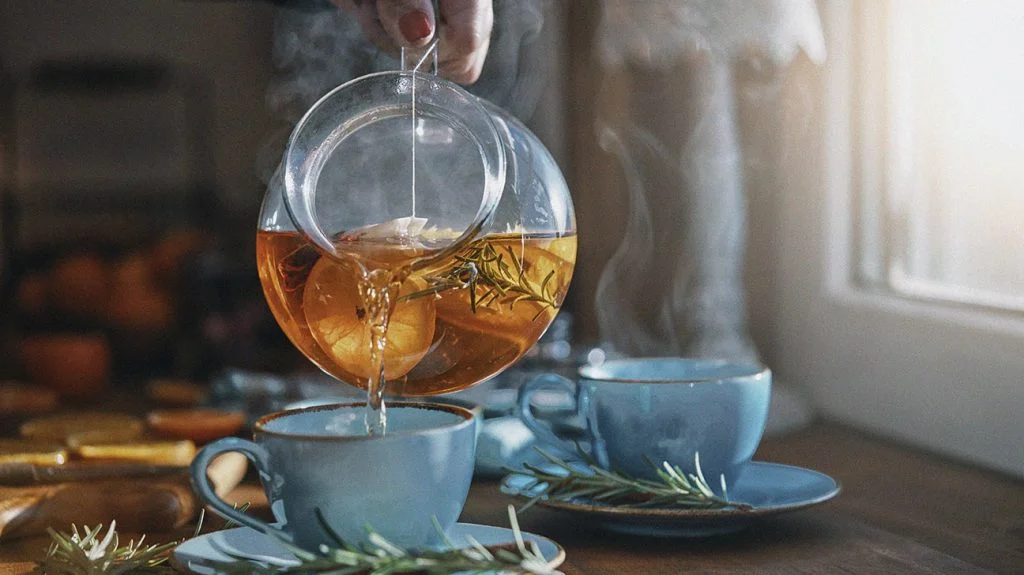In Traditional Chinese Medicine (TCM), herbal tisanes have been used for thousands of years to promote health and treat various ailments. Here are some traditional uses of tisanes in Chinese medicine:
1. Digestive Health
- Ginger (Sheng Jiang): Widely used to aid digestion, ginger tisanes are known for their warming properties, helping to alleviate nausea and improve overall digestive function. It is often recommended for those experiencing cold-related digestive issues.
2. Respiratory Relief
- Peppermint (Bo He): This tisane is commonly used to relieve symptoms of colds and flu, such as headaches and nasal congestion. Its cooling properties help clear heat and promote respiratory health.
3. Detoxification
- Chrysanthemum (Ju Hua): Often consumed as a tisane, chrysanthemum is used to cool the body and detoxify the liver. It is traditionally employed to treat fevers, headaches, and eye strain.
4. Calming and Sleep Aid
- Chamomile (Roman or German Chamomile): While not native to China, chamomile has been integrated into TCM practices for its calming effects. It is commonly used to promote relaxation and improve sleep quality.
5. Immune Support
- Goji Berries (Gou Qi Zi): Frequently brewed into tisanes, goji berries are believed to nourish the liver and kidneys while boosting the immune system. They are rich in antioxidants and are often used for overall vitality.
6. Blood Circulation
- Sichuan Pepper (Hua Jiao): Used in tisanes for its warming properties, Sichuan pepper can help improve blood circulation and alleviate cold sensations in the body.
7. Women’s Health
- Dong Quai (Dang Gui): Known as “female ginseng,” Dong Quai is often brewed into tisanes to help regulate menstrual cycles and alleviate menstrual pain due to its blood-nourishing properties.
8. Pain Relief
- Cinnamon (Gui Zhi): This warming spice is commonly used in tisanes for its ability to relieve cold-related pain and improve circulation. It is often recommended for individuals with joint pain or discomfort.
9. Stress Reduction
- Lemon Balm (Dan Shen): Known for its calming effects, lemon balm is utilized in tisanes to reduce stress and anxiety, promoting a sense of tranquility.
Conclusion
Herbal tisanes play a vital role in Traditional Chinese Medicine by addressing various health concerns through natural remedies derived from plants. Each tisane has unique properties that contribute to holistic wellness, emphasizing the balance between mind, body, and spirit. As interest in herbal remedies continues to grow globally, the traditional uses of tisanes in Chinese medicine remain relevant and widely practiced today.
Citations:
[1] https://www.saratogateaandhoney.com/blogs/blog/what-is-herbal-tea
[2] https://www.sitcm.edu.au/blog/13-everyday-ingredients-used-in-traditional-chinese-medicine/
[3] https://www.teamuse.com/article_181011.html
[4] https://teakruthi.com/blogs/tea-break/tisane-tea
[5] https://australianacupuncturecentre.com.au/exploring-the-wisdom-of-chinese-herbal-teas/
[6] https://wthn.com/blogs/wthnside-out/traditional-chinese-medicine-herbs-list
[7] https://acupuncturebradenton.com/herbal-teas-traditional-chinese-medicine/
[8] https://www.betterhealth.vic.gov.au/health/conditionsandtreatments/chinese-herbal-medicine



